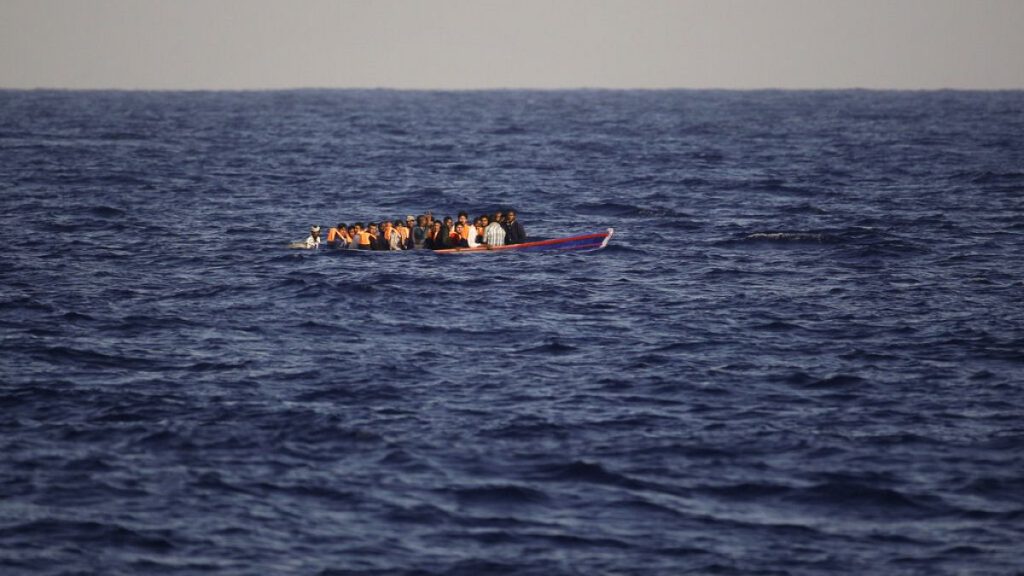The incident involving the capsizing of a migrant boat off the coast of Libya has once again highlighted the risks faced by those attempting to reach Europe. In this particular incident, 22 out of 32 people on board went missing and are presumed to have drowned. Days later, Libya’s coast guard intercepted 64 migrants on another boat off the north-western town of Sirte, returning them to shore. The coast guard unit then set the boat on fire to prevent it from being reused by traffickers. This incident is indicative of the ongoing challenges faced by migrants seeking to escape conflict and persecution in Africa and the Middle East by crossing the Mediterranean Sea through Libya.
Libya has become a key transit point for migrants attempting to reach Europe, with many facing abuse and exploitation along the way. Since the overthrow of Moammar Gaddafi in 2011, the country has been plunged into chaos, allowing human traffickers to operate with impunity. Migrants waiting for a chance to cross the Mediterranean are vulnerable to abuses such as imprisonment, extortion, and violence. These risks have led to a significant decrease in the number of migrant arrivals in Italy compared to previous years, but the danger of the journey remains high.
Italy’s Ministry of the Interior recorded 43,163 migrant arrivals up to September this year, with a substantial decrease compared to previous years. However, despite the lower numbers, the perilous journey across the Mediterranean Sea continues to claim lives. According to the International Organization for Migration’s missing migrants project, at least 434 people were reported dead and 611 missing off the coast of Libya between January and August this year. The risks faced by migrants attempting to cross the Mediterranean are compounded by the inhumane conditions in government-run detention centers in Libya, where abuses such as forced labor, beatings, and torture are reported.
The incident off the coast of Libya underscores the urgent need for a coordinated international response to address the root causes of migration and protect the rights of migrants. The European Union has been criticized for its inadequate response to the migration crisis, with calls for more humane and effective policies. UNICEF has called for greater support for migrants and refugees, particularly vulnerable groups such as women and children. The issue of migration requires a comprehensive approach that addresses the underlying factors driving people to leave their homes, while also ensuring their safety and dignity during their journey.
The recent incidents in Libya serve as a stark reminder of the dangers faced by migrants attempting to reach Europe, and the urgent need for action to protect their rights and ensure their safety. The international community must work together to address the root causes of migration, while also providing assistance and protection to those in need. As the number of arrivals in Italy decreases, the risks faced by migrants along their journey remain high, highlighting the need for a more effective and humane approach to migration management. By addressing the challenges faced by migrants in transit countries such as Libya, we can work towards a more sustainable and compassionate response to the global migration crisis.













